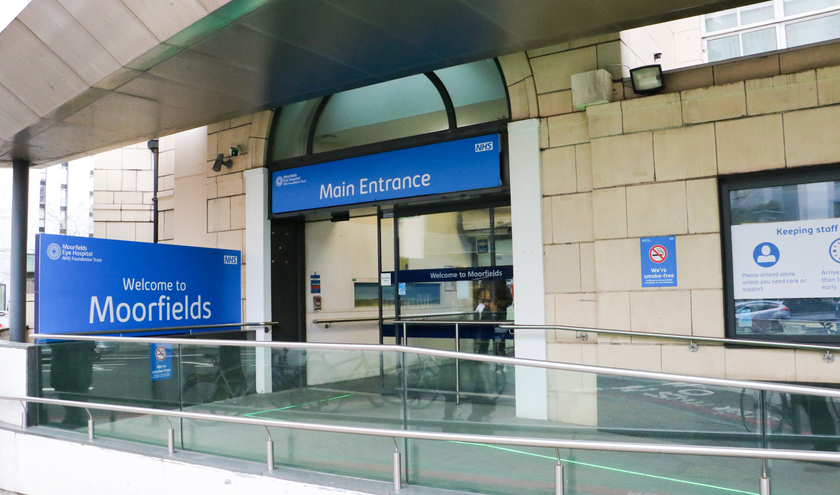The quarterly three league tables rank acute hospitals, non-acute hospitals and ambulance trusts in four segments according to National Oversight Framework (NOF) metrics, including wait times for electives and A&E, and improving ambulance response times.
Financial performance will also be recognised with no trust in deficit higher than segment 3 with those initially placed in segments 1 or 2 having their segment adjusted regardless of wider performance.
Top-performing trusts will be rewarded with greater freedoms and investment, while underperforming trusts will receive targeted support.
Health and social care secretary Wes Streeting said: ‘These league tables will identify where urgent support is needed and allow high-performing areas to share best practises with others, taking the best of the NHS to the rest of the NHS.'
Moorfields Eye Hospital NHS Foundation Trust topped the acute league table.
Interim chief executive Peter Ridley said: ‘We are delighted to be recognised in this first table. Many of these are areas we have focussed on, and will continue to do so.
‘Many thanks to all our staff at Moorfields; this performance reflects their dedication and commitment.'
The Queen Elizabeth Hospital, King's Lynn, NHS Foundation Trust ranked bottom for acutes.
The trust said it was taking ‘immediate steps' to address issues, including working with newly formed Norfolk and Waveney University Hospitals Group, as well as with NHS England and regulators to deliver urgent improvements.
Executive managing director, Chris Bown, who has a strong track record of turning around financially and operationally distressed hospitals, has been appointed to lead the hospital team.
Reaction
The tables were greeted with a largely sceptical reaction by providers bodies and think-tanks.
Hugh Alderwick, director of policy at The Health Foundation, said past experience of league tables was ‘distinctly mixed', warning ‘negative ratings can impact organisational culture, staff morale, and recruitment'.
Nuffield Trust chief executive, Thea Stein, said league tables could not include many clinical outcomes, such as cancer survival rates, warning there was a risk that trusts ‘will focus only on the measures that immediately boost their ranking, even if that's not necessarily what's best for patients'. Stein added a focus on finances had ‘limited use' for patients.
Chief executive of NHS Providers, Daniel Elkeles, warned of the potential of ‘unintended consequences, potentially damaging patient confidence in local health services, demoralising hardworking NHS staff and skewing priorities'.
Matthew Taylor, chief executive of the NHS Confederation, said league tables can be a ‘valuable tool for fostering healthy competition and enhancing local accountability' but cautioned ‘they must not become instruments of blame'.
Danielle Jefferies, senior analyst at The King's Fund, said ‘a single ranking cannot give the public a meaningful understanding of how good or bad a hospital is'.
Jefferies called for a more ‘granular' approach giving individual hospitals and departments within hospitals separate rankings, or comparing trusts to their individual performance improvement goals that have been set centrally.



